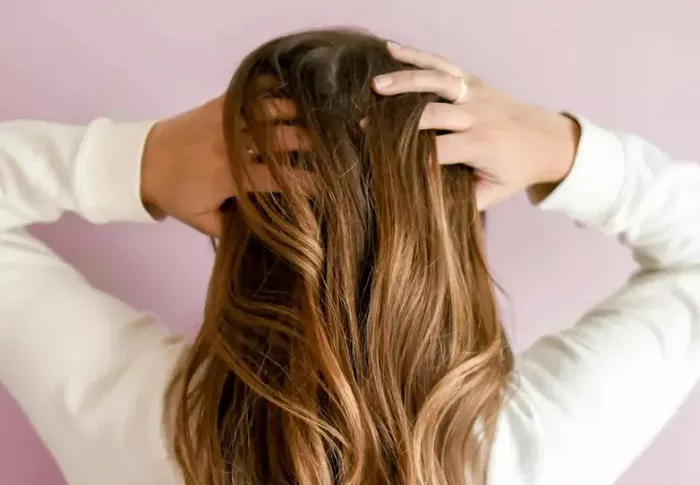A newly developed wellness tool is shedding light on the psychological significance of hair and scalp health, revealing its strong ties to perceived stress levels and sleep quality.
Researchers have introduced the Hair & Scalp CARE instrument—a consumer-oriented assessment scale designed to evaluate how hair and scalp conditions impact emotional wellbeing. The findings indicate that individuals with healthier hair and scalp tend to experience lower levels of stress and enjoy better sleep.
“The investigation of scalp-related wellbeing is well-established in clinical populations with dermatological conditions,” said Alice Newton-Fenner, PhD, Consumer Science Manager at Unilever. “However, assessment among healthy individuals has been limited, despite mounting evidence that scalp and hair health are integral to mental wellbeing and self-confidence.”
Historically, research in this area has focused on clinical samples using tools such as the Dermatology Life Quality Index, Scalpdex, and Skindex. While these instruments have been instrumental in understanding the psychological burden of dermatological disorders, their relevance to the general population has remained limited.
To bridge this gap, researchers undertook a multi-phase validation process, ultimately developing a 23-item questionnaire that assesses scalp and hair issues, associated emotions, and their impact on daily behavior. Participants were recruited from diverse demographic backgrounds between November 2021 and February 2022, meeting specific criteria to ensure engagement in personal care routines.
In total, 1,184 adults participated—886 women (ages 18–65) and 298 men (ages 18–55). All respondents completed the Perceived Stress Scale (PSS), Sleep Health Index (SHI), and demographic questionnaires, and received a $120 stipend for their participation.
To validate the scale, researchers employed a two-stage factor analysis. An exploratory factor analysis (EFA) was conducted on half of the sample, followed by a confirmatory factor analysis (CFA) on the remaining participants. The data demonstrated a strong single-factor structure, with high item loadings and robust fit indices (CFI = 0.961; TLI = 0.956; RMSEA = 0.053; SRMR = 0.035).
The average Hair & Scalp CARE score was 72.01 (±22.05), with men reporting slightly higher wellbeing scores (77.62) than women (70.12). However, 83.4% of women and 65.1% of men reported concerns about at least one hair or scalp condition. These individuals had significantly lower emotional wellbeing scores, underscoring the negative psychological effects of such conditions.
Further statistical analysis confirmed that higher Hair & Scalp CARE scores were associated with lower perceived stress and better sleep health. “Our findings demonstrate that hair and scalp wellness is closely linked to overall psychological wellbeing,” the authors concluded.
The research team hopes that the Hair & Scalp CARE tool will support further studies aimed at understanding consumer experiences and guide the development of products that promote confidence and emotional health.
Related Topics:
- Gen Z Embraces Natural Hair, Prioritizing Health Over Hair Dye
- Salma Hayek Embraces Natural Gray Hair at Breakthrough Prize Awards
- Hailee Steinfeld’s Dramatic ‘Sinners’ Bob: Hairstylist Reveals the Story Behind the Star’s Transformation


